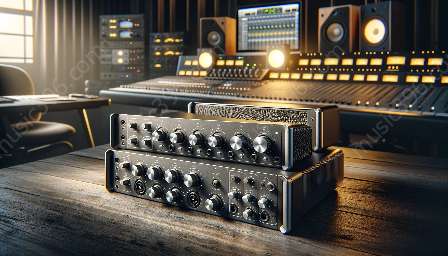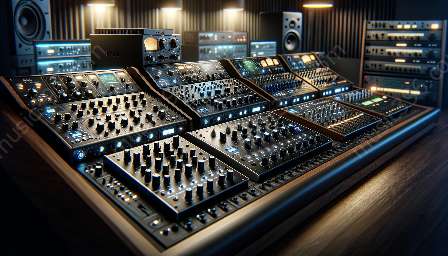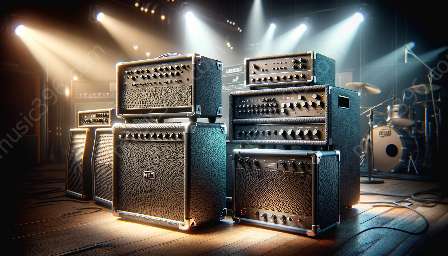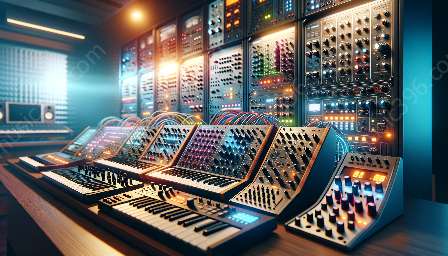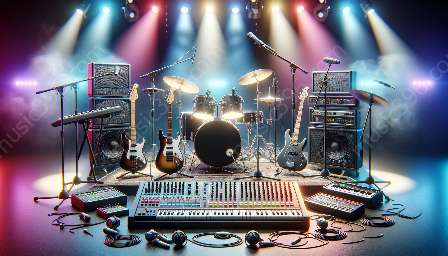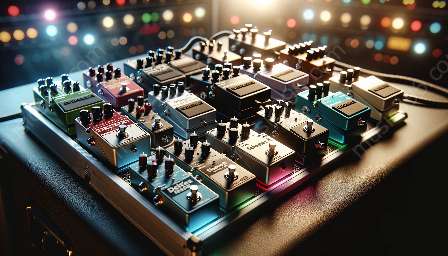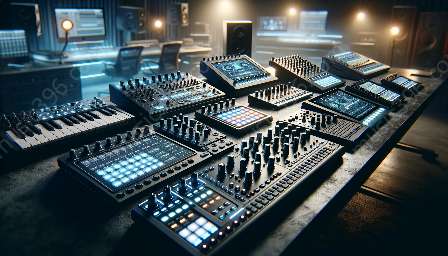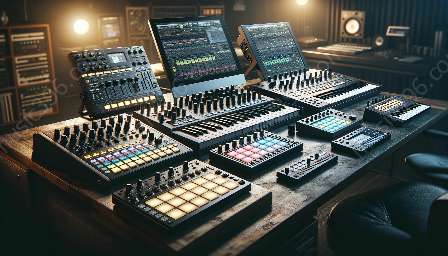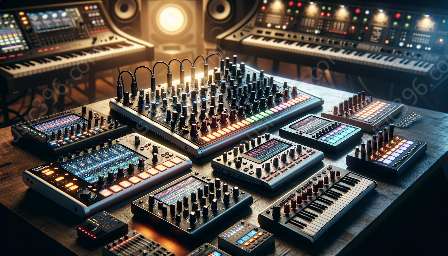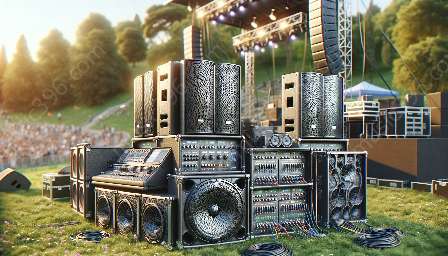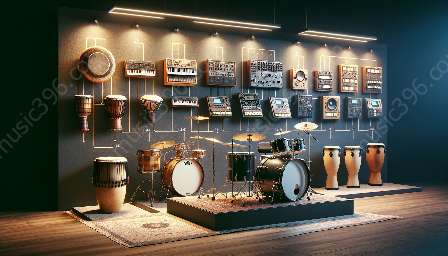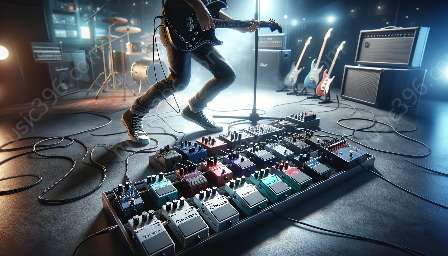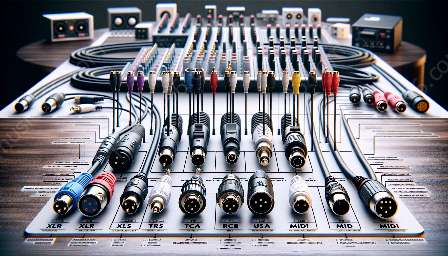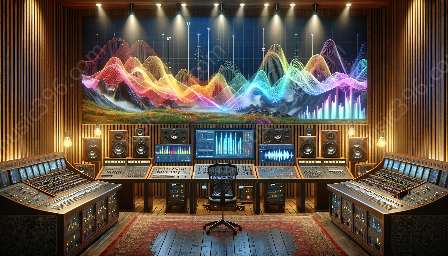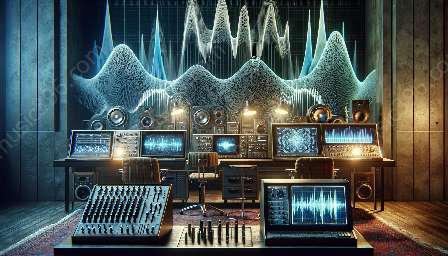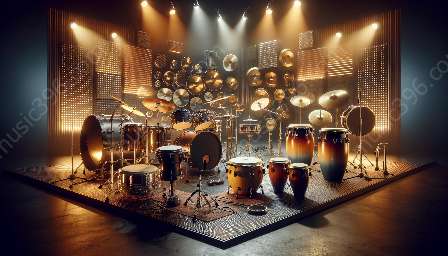Traditional acoustic instruments have deep-rooted cultural significance across various societies and have played a crucial role in shaping musical traditions and expressions. These instruments offer a unique connection to history and heritage, and their prominence has endured the test of time. In this topic cluster, we will explore the cultural importance of traditional acoustic instruments, compare them with digital instruments, and examine their relationship with music equipment and technology.
History and Heritage
Traditional acoustic instruments have been an integral part of cultural practices and rituals for centuries. They carry the stories and traditions of different communities, reflecting the socio-economic, environmental, and spiritual aspects of their origins. These instruments have been passed down through generations, preserving the sounds and melodies that hold significant cultural value.
Expression and Identity
Acoustic instruments are closely tied to the identity and expression of diverse cultures. They serve as tools for storytelling, celebration, and communication, allowing individuals to convey their emotions and experiences through music. The distinct sounds produced by traditional acoustic instruments reflect the unique identities of various societies, fostering a sense of pride and belonging.
Comparison with Digital Instruments
As technology has advanced, digital instruments have gained popularity and become increasingly prevalent in the music industry. While digital instruments offer versatility and convenience, traditional acoustic instruments maintain an irreplaceable authenticity and connection to cultural roots. The tactile experience of playing acoustic instruments and the organic, rich tones they produce contribute to their enduring appeal.
Evolution and Preservation
The evolution of music equipment and technology has raised questions about the preservation of traditional acoustic instruments. While digital instruments provide innovative possibilities, efforts to preserve and promote traditional acoustic instruments are vital for safeguarding cultural heritage. These instruments serve as reminders of the past and contribute to the preservation of cultural diversity.
Technology and Innovation
Traditional acoustic instruments have not been immune to the influence of technology. Advancements in music equipment and technology have led to innovations in acoustic instrument design, manufacturing, and sound enhancement. These advancements have allowed traditional acoustic instruments to adapt to modern contexts while retaining their cultural significance.
Integration and Collaboration
The relationship between traditional acoustic instruments, digital instruments, and music equipment exemplifies the harmonious integration of tradition and innovation. Collaborative efforts between musicians, instrument makers, and technologists have resulted in hybrid instruments that blend the authenticity of acoustic instruments with the capabilities of digital technology, fostering new creative possibilities.
Impact on Musical Landscape
The coexistence of traditional acoustic instruments and digital instruments has reshaped the musical landscape, offering a diverse range of artistic expression. While digital instruments have expanded musical horizons, traditional acoustic instruments continue to influence contemporary music, contributing to a rich tapestry of sound that reflects both tradition and modernity.
Conclusion
The cultural significance of traditional acoustic instruments lies in their ability to bridge the past, present, and future, preserving cultural heritage while embracing technological advancements. By understanding their role in society, comparing them to digital instruments, and acknowledging their relationship with music equipment and technology, we can appreciate the enduring impact of traditional acoustic instruments in the ever-evolving world of music.



